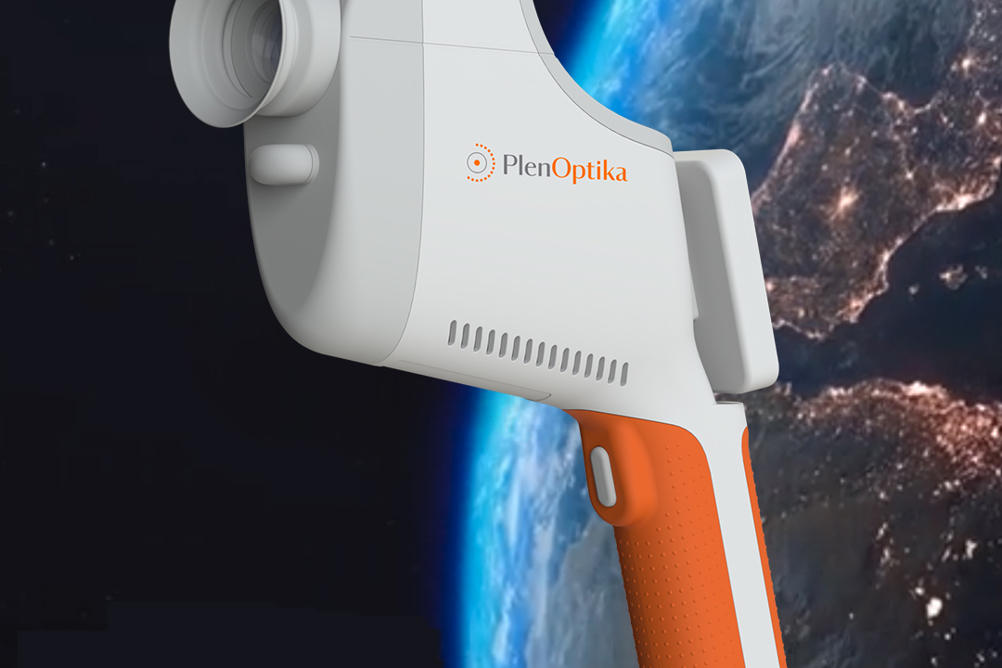
Astronauts aboard the Polaris Dawn mission explored space and vision changes by using an autorefractor for measurements.
PlenOptika’s handheld QuickSee Free, which is distributed in the UK by Grafton Optical, was used for data collection and study during the five-day mission.
Data was collected for research into spaceflight associated neuro-ocular syndrome because it was a key risk faced by most astronauts in long-duration flight.
PlenOptika CEO Shivang Dave said: ‘It’s every engineer’s dream to be part of space exploration and QuickSee Free’s inclusion in the mission –as the first handheld wavefront aberrometry and autorefraction device in space –is a testament to our engineers’ envelope-pushing ability to design technology equal to the demands of health research under the most challenging circumstances.’
Register now to continue reading
Thank you for visiting Optician Online. Register now to access up to 10 news and opinion articles a month.
Register
Already have an account? Sign in here


